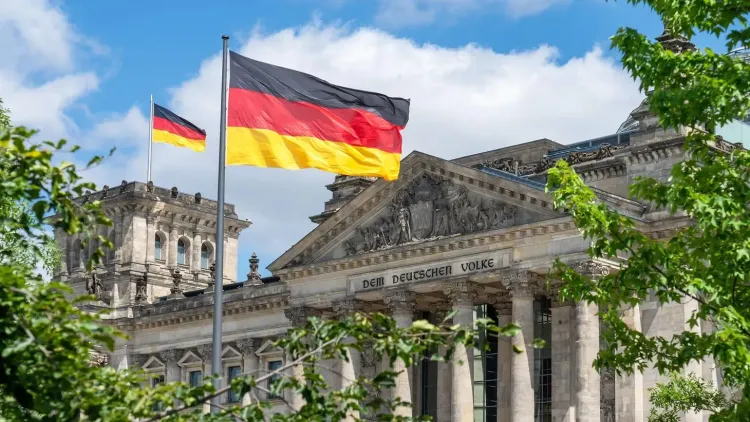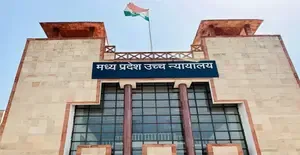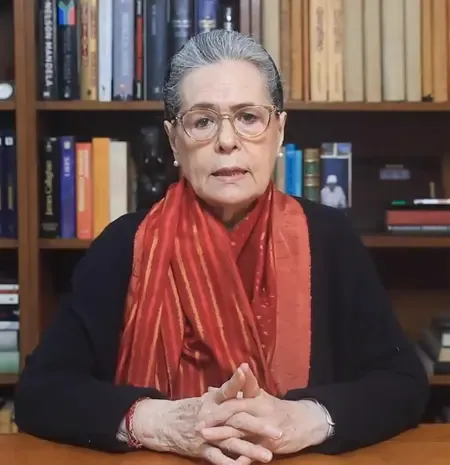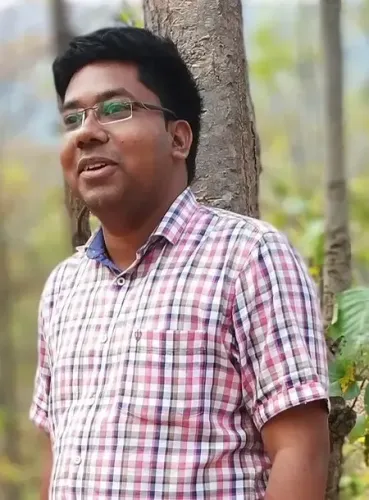Indo-German Collaboration in Science & Education Thrives: German Ambassador

Synopsis
Key Takeaways
- 50,000 Indian students in Germany.
- DAAD celebrates its 65th anniversary.
- Strengthening academic ties.
- Recommendations for collaboration.
- Strategic importance of India for Germany.
New Delhi, March 21 (NationPress) With nearly 50,000 Indian students currently enrolled in Germany, the alliance between the two nations in the realms of science and education has reached unprecedented strength, stated the German Ambassador to India and Bhutan, Dr. Philipp Ackermann.
This announcement was made during an event in the national capital celebrating the 65th anniversary of the German Academic Exchange Service (DAAD) in India, which underscores its century-long commitment to enhancing international academic cooperation.
As India aims to further deepen its academic connections with Germany, it will host over 80 German universities and research institutions. This initiative is poised to significantly bolster academic and research collaborations, according to DAAD.
“The Indo-German partnership in science and education is stronger than ever. It serves as a cornerstone of our bilateral relationship. We have nearly 50,000 Indian students in Germany, representing the largest group of foreign students from any nation,” Ackermann remarked.
“Indian researchers are enriching our research landscape with their skills, aspirations, and breakthroughs. Witnessing this exchange evolve so dynamically each year is a true joy,” he added.
At the event, DAAD also unveiled a strategy document focused on collaboration with India. This paper emphasizes the immense potential for academic exchange and scientific cooperation between Germany and India, offering specific recommendations for German universities.
“Collaborating with the world’s largest democracy is becoming increasingly strategic for Germany, especially in light of significant geopolitical shifts,” remarked DAAD President Prof. Dr. Joybrato Mukherjee.
“India is swiftly emerging as a global hub for science and innovation. The rapid evolution of the Indian higher education and research framework presents numerous avenues for bilateral cooperation — from student mobility and skilled labor recruitment to research and innovation partnerships,” Mukherjee further commented.
Moreover, DAAD provided additional recommendations for German universities aimed at enhancing academic collaboration with India. These suggestions include forming strategic alliances, attracting Indian talent, fostering innovation transfer, and strengthening regional expertise.










